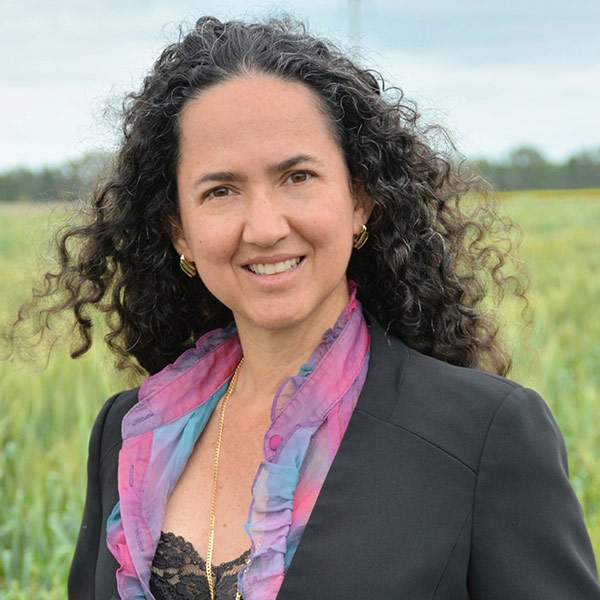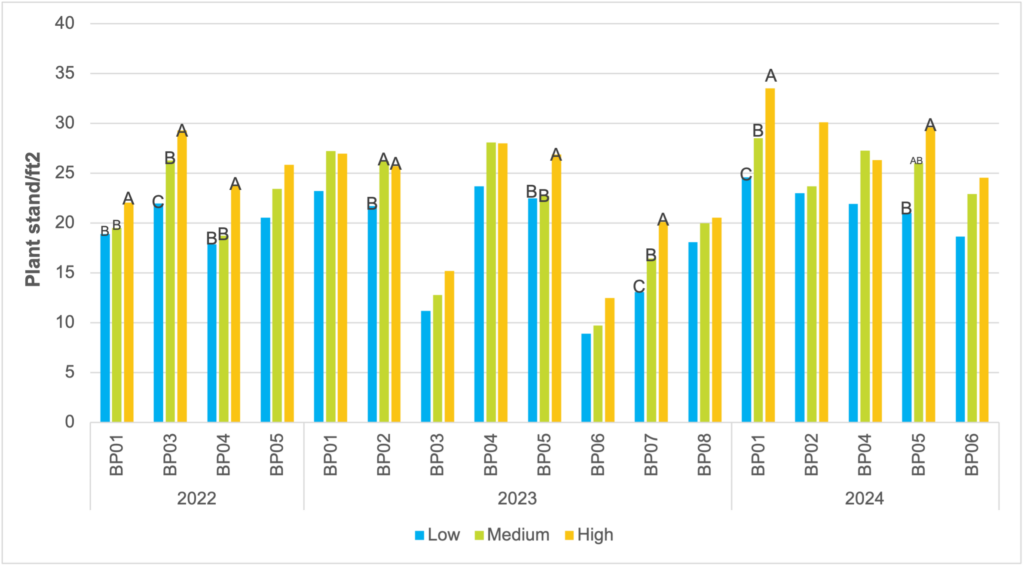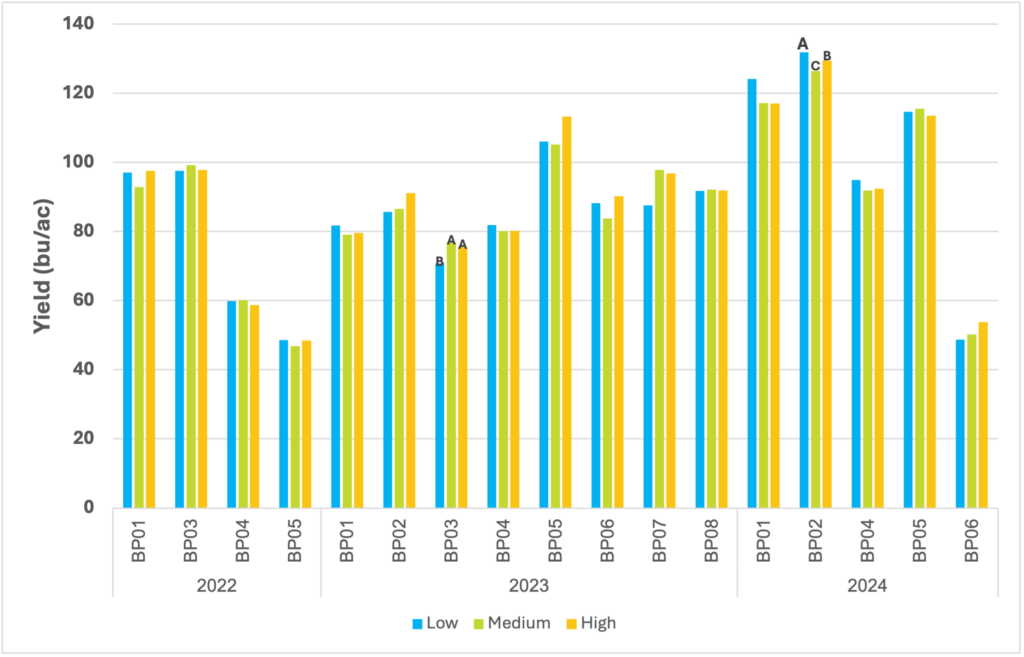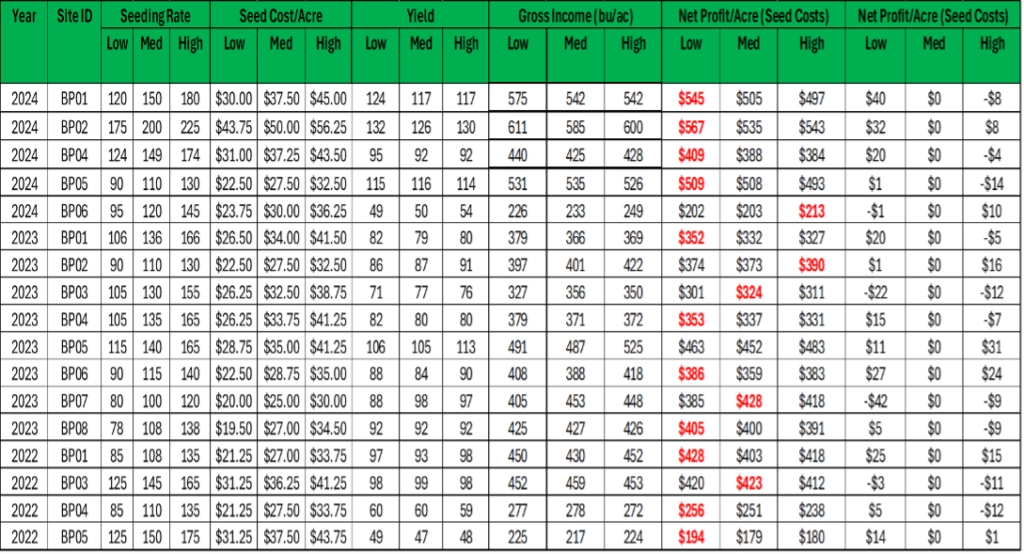Maria Antonia Henriquez, research scientist, Agriculture and Agri-Food Canada

Maria Antonia Henriquez is a research scientist in wheat pathology at Agriculture and Agri-Food Canada’s (AAFC) Morden Research and Development Centre (RDC).
Born and raised in Colombia, she completed her bachelor’s degree in agronomy and master’s degree in plant breeding at the National University of Colombia. She moved to Canada and received her PhD in plant pathology at the University of Manitoba (U of M), which was followed by postdoctoral research at the Brandon RDC.
Henriquez is the president-elect of the Canadian Phytopathological Society. She lives in Morden with her husband Oscar Molina, who is also a research scientist at the Morden RDC, leading the Integrated Crop Production Systems Agronomy program.
Where did you work before AAFC?
Before moving to Canada, I worked as a research assistant at the International Center for Tropical Agriculture (CIAT) for five years. CIAT is part of CGIAR, formerly the Consultative Group for International Agricultural Research, a global research partnership that unites international organizations engaged in research about food security.
What got you interested in this area of work?
My father had a big impact on my decision to get into agriculture research. At home, he had a large library with books and encyclopedias covering a wide range of topics, including science, philosophy, medicine and history. When I was nine or 10 years old, he challenged me to find different topics to discuss with him. During my childhood and adolescence, reading those books became my hobby. I spent hours in the library every day, and science and genetics got my attention. I also got inspired to do research with plants. During my bachelor courses and when I did my thesis, I became passionate about plant pathology and plant-microbial interactions at the molecular level. That was my starting point – I will always remember those years.
Tell us a bit about what you’re working on at the Morden RDC.
In my research program, we are using cutting-edge technologies and bioinformatic tools to find innovative and sustainable technologies to enhance genetic resistance and management strategies for Fusarium head blight (FHB) and leaf spot diseases in wheat. I work closely with breeders, plant pathologists, geneticists and agronomists to incorporate disease resistance into Canadian wheat cultivars and conduct applied plant pathology work in terms of crop rotations, development of biopesticides, digital agriculture and disease surveillance.
Many of these projects are funded partially by Manitoba Crop Alliance (MCA). I am leading the project “TEN-TG: A tilling and genome resource for FHB improvement” along with Curtis Pozniak from the Crop Development Centre at the University of Saskatchewan. In this project, we are working with AAC Tenacious, the only FHB-resistant wheat cultivar registered in Canada. We have identified AAC Tenacious mutants that are susceptible to FHB. As we are sequencing the genome of AAC Tenacious, we are going to compare the DNA sequence of those susceptible mutants with the genome of AAC Tenacious to pinpoint the exact mutations resulting in the susceptible phenotype. This comparison will tell us with a reasonable degree of confidence that those genes are in fact involved in resistance. We anticipate this research and the genetic resources we are developing will have an impact in the future with variety development in Canada.
In a digital agriculture project, I am collaborating with Chris Henry from the U of M and Chris Bidinosti from the University of Winnipeg in developing automated systems for detecting and assessing FHB in wheat using machine learning and imaging technologies. By creating both indoor and outdoor automatic systems, the project seeks to expedite the breeding of FHB-resistant wheat cultivars, a model that could be easily adapted to other cereal crops.
I am also leading a project with Steve Robinson where we are evaluating RNA-based fungicides for controlling FHB in field trials. We are currently testing the best combination of RNA-based solutions in yield plots and comparing those biopesticides with traditional fungicides.
What can you say about the value of farmers providing funding and support to your organization?
Funding and support from farmers are essential to fostering innovation, supporting research and development, and leads to the creation of more efficient farming techniques, crop varieties and pest management solutions. This funding is very important. It allows us to explore sustainable agriculture practices that can reduce chemical inputs, enhance soil health and preserve biodiversity. I am grateful for the support from farmers to my research.
How does that farmer funding and support directly benefit farmers?
The funding and support we receive from growers is a step closer to finding solutions to problems that affect the sustainability of the farms. The economic and social impacts extend beyond the individual grower, affecting the entire agricultural sector. By backing different research initiatives, farmers help us ensure their voices are heard and their challenges are addressed.
How do you spend your time outside of work?
Cycling, reading, gardening and listening to music.
What is the best part of your job?
There are so many things, but I would say the opportunity to work towards solutions for problems affecting Canadian agriculture. Particularly, working with important cereal diseases, such as FHB, but the most important is working in collaboration with a diverse group of people from AAFC, government partners, the private sector and universities.
Who or what inspired you?
My father. He is the most intelligent person I have met in my life, and his deep knowledge and understanding across various subjects was exceptional. Endless conversations about the power of the mind, critical thinking and personal values, like integrity, compassion, forgiveness, resilience and strong work ethic, shape who I am as a person. He was always challenging me and telling me to look at things from a different perspective or look for the answer in a different way. That has really stuck with me.













